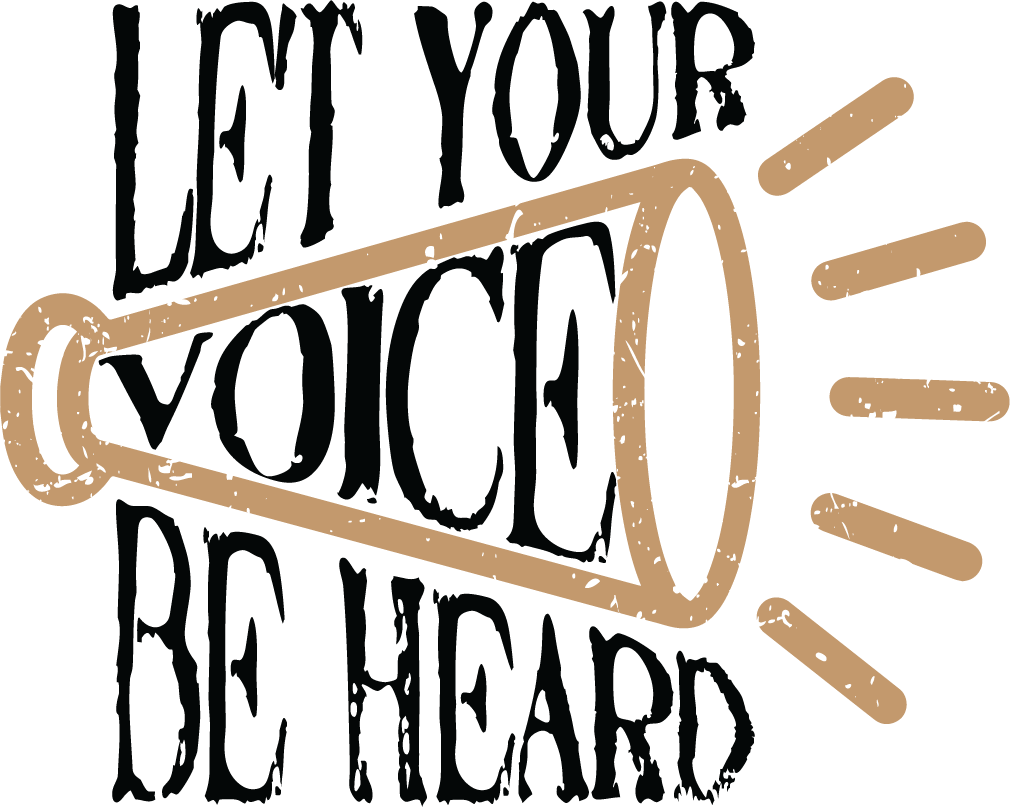White privilege: “a racist, fictitious concept”
February 6, 2018
For those of you who have managed to stay away from leftist news agencies such as Huffington Post or those who haven’t read the Facebook posts of condescending college students that usually end with one-liners like “check your privilege,” you may be asking: What is white privilege?
According to tolerance.org, “white skin privilege is a transparent preference for whiteness that saturates our society…and provides white people with ‘perks’ that we do not earn and that people of color do not enjoy.” For those who understand that being well-off and being white are two completely separate things, the definition should read “white privilege is a racist, fictitious concept invented by leftists in order to ignore the issues facing the black community in favor of blaming whites for the inequity in black communities.”
Liberals and Conservatives would both agree that it’s wrong for someone to make sweeping generalizations about black people, because that’s racism. But why then is it suddenly acceptable to label whites with the blanket assumption that all whites are beneficiaries of an intangible rewards program that you’re instantly entitled to purely by being born white?
Even if white privilege were real, even if your skin color was a bigger determinant for success over life choices, what good does it do to just cry white privilege? Who actually benefits from accusing someone of benefitting from it? And most importantly, what sort of message does it send to young African-Americans to say to them that no matter what they do, they’re victims of a racist culture designed to benefit the other skin color?
Anyone who has heard the concept of white privilege has probably also heard the commonly referenced statistics that “prove” white privilege exists. These can range from the fact that proportionately more blacks live in poverty than whites or that there are proportionately more blacks in prison than whites, et cetera, et cetera.
The problem with all of these statistics is that the issues described are not the results of white privilege or “systemic racism,” rather they are the symptoms of a much greater illness facing much of the black community which is the degradation of personal responsibility and a greater sense of victimization.
The vast majority of the issues facing the black community, such as the high levels of crime, drug use, and poverty, can mainly be linked to the failure to do three three main things: graduate high school, get a job, and not have a child out of wedlock.
According to the Brookings Institute, nearly 98 percent of all American adults that graduated high school, have a job, and did not have a child out of marriage live above the poverty line, with around 75 percent living in the middle class. And although there are obviously other factors at play, the problem is more than 70 percent of black children are born with only one parent, the high school dropout rate is 6.2 percent amongst black children, and the unemployment rate amongst blacks is seven percent.
According to the 2014 U.S. Census, only eight percent of married black couples live below the poverty line, as opposed to the 27 percent poverty rate amongst black adults as a whole. In comparison, 22 percent of non-married white families live below the poverty line, which is double the poverty rate amongst whites as a whole. What happened to white privilege? What happened to the deeply rooted racism keeping blacks from advancing? The trend between wealth and life choices seems to be much stronger than the link between wealth and race.
Success in pulling America’s minorities out of its problems won’t come from getting white people to “acknowledge their privilege.” The way things are truly going to change for the quarter of African-Americans living in poverty is going to have to come from both policy changes to bring jobs back from abroad to America’s cities, and acknowledging the fact that the deterioration of personal responsibility in black communities has to change.







Dave Quinton-Schein • Mar 5, 2018 at 8:42 am
Hi, Spencer,
Looking beyond the myopic perspective displayed, I would like to quote Gary Howard:
“It is the unexamined nature of White dominance that is often our problem. If our examination and understanding of the root causes of social inequality are too shallow, then our approach to corrective action will necessarily be superficial and ineffective. If we do not face dominance, we are predisposed to perpetuate it.” We Can’t Teach What We Don’t Know, p.33.
In short, yes, white privilege does exist. No, it’s not your fault. Yes, it is a problem for all of us. If we profess a belief in equality and egalitarian principles, we should be actively engaged in calling out these situations and remedying them where and when we can, without guilt or blame.
I’ll leave off by directing you toward a 2015 article regarding the living history of the behavior of redlining- a very real example of systemic racism: https://www.citylab.com/equity/2015/04/after-nearly-a-century-redlining-still-divides-baltimore/391982/
Be well. Have fun saving the world,
Dave